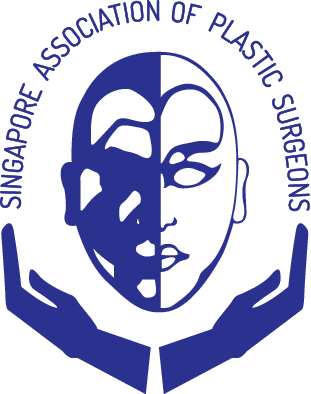CHEMICAL PEELS
- What is chemical peel?
It is a solution applied to the skin which aims to improve the appearance of the skin.
- What can be improved with a chemical peel?
- Acne scars
- Aging skin
- Crow's feet
- Hyperpigmentation
- Melasma (discolouration around the face)
- Scars
- Sun damaged skin
- Sagging skin
- Wrinkles
There are three basic types of chemical peels- Superficial, Medium and Deep peels which are used to achieve different objectives. Your plastic surgeon will be able to advise you accordingly.
- Can everyone have a peel?
Patients with darker skin have a higher chance of complications. Chemical peels are also not recommended for during active skin infections or skin disease, sunburns or active Herpes simplex 1 sores or in patients with psoriasis, eczema, dermatitis or rosacea.
If you have taken Accutane in last six months or have have used Retin-A, Renova, or products that contain ascorbic acid, bleaching or skin-lightening agents or other acid-based products in the last 2 days you should avoid chemical peels.
Patients who are nursing or breast feeding are not advised to have a chemical peel.
Your plastic surgeon will be able to guide you further.
- Are chemical peels painful?
Depending on the type of peel used, patients can report feeling a stinging sensation, mild pain or a slight burning sensation.
After the peel, you may be given creams to protect your skin (eg sunblock or moisturiser). Sometimes a mild painkiller may also be prescribed.
- Are there any side effects?
- Temporary or permanent change in skin colour
- Scarring
- Reactivation of cold sores
- What can I expect after having a chemical peel?
Depending on the type of peel used, healing can take between a few days to three weeks. During that time, your skin can appear red and inflamed. You should frequent apply moisturiser and avoid going into the sun. If you cannot avoid going into the sun, you should use a sunblock. Sun exposure and smoking should be avoided because they can cause result in scarring or infection.
Your Plastic surgeon will guide you on when to return to clinic for follow up.
